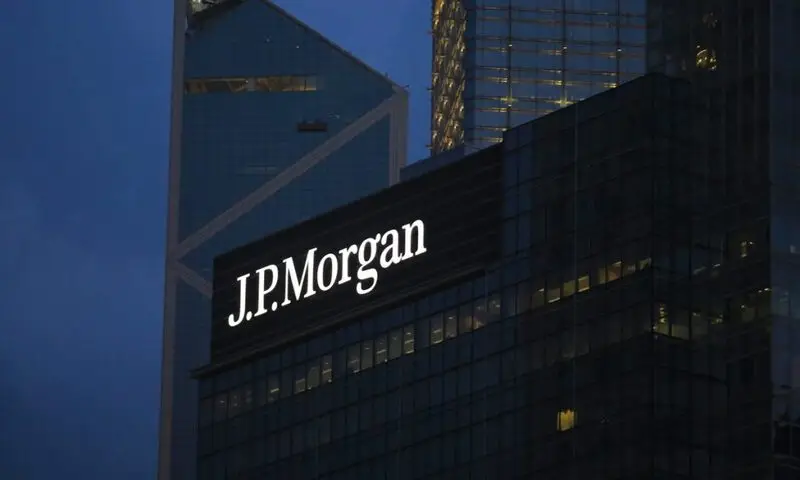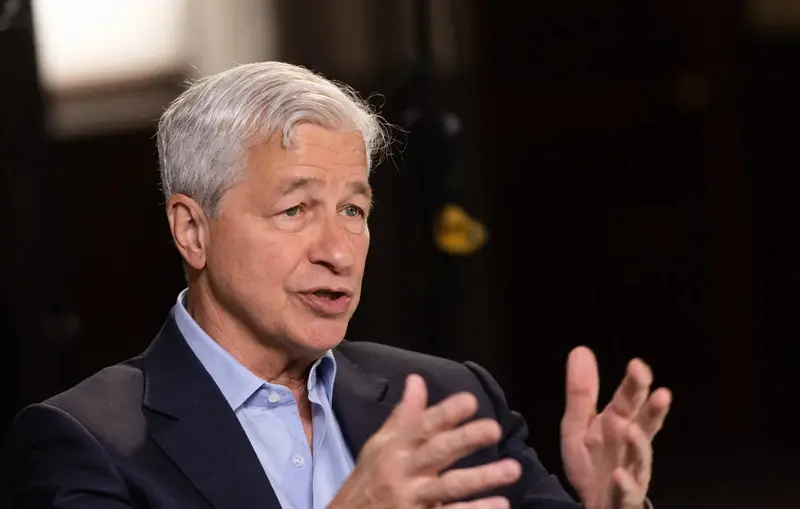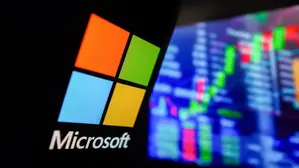JP Morgan CEO Jamie Dimon has expressed some concerns about the global economic situation, as geopolitical tensions are rising in the Middle East. Dimon explained that the unending tensions will likely be a factor that will contribute to global economic uncertainty.
The JP Morgan CEO warned that the US could face some consequences that include inflation, fiscal deficits, and infrastructure issues. He called the situation in the Middle East “treacherous” that could change the “course of history” as it could have a profound impact on the global economy.
Also Read: Currency: What’s Happening With the US Dollar & Chinese Yuan?
The JP Morgan head said the following:
“There is significant human suffering, and the outcome of these situations could have far-reaching effects on both short-term economic outcomes and more importantly on the course of history.”
He also revealed that the bank has been “closely monitoring the geopolitical situation for some time, and recent events show that conditions are treacherous and getting worse.”
Dimon revealed that JP Morgan is also preparing for the worst if the economic situation goes out of control. “While we hope for the best, these events and the prevailing uncertainty demonstrate why we must be prepared for any environment,” he said.
Also Read: BRICS Advances ‘Multicurrency System’ To Break US Dollar Dominance
JP Morgan on the US Economy

The top global bank JP Morgan has been warning of an upcoming recession in the US. The bank gave a 35% probability of a recession hitting the US markets by the end of 2025. “The latest business surveys also suggest a loss of momentum in global manufacturing and the Euro area weak links in the expansion that we have expected to lift this year,” read the prediction.
Also Read: Buy Netflix Stock: Price Target $900, Say Analysts
JP Morgan also expects the US economy to make a soft landing citing the market turmoil could continue beyond 2025. The next two years could be rough for the global markets as tensions in the conflict-stricken areas are escalating.






